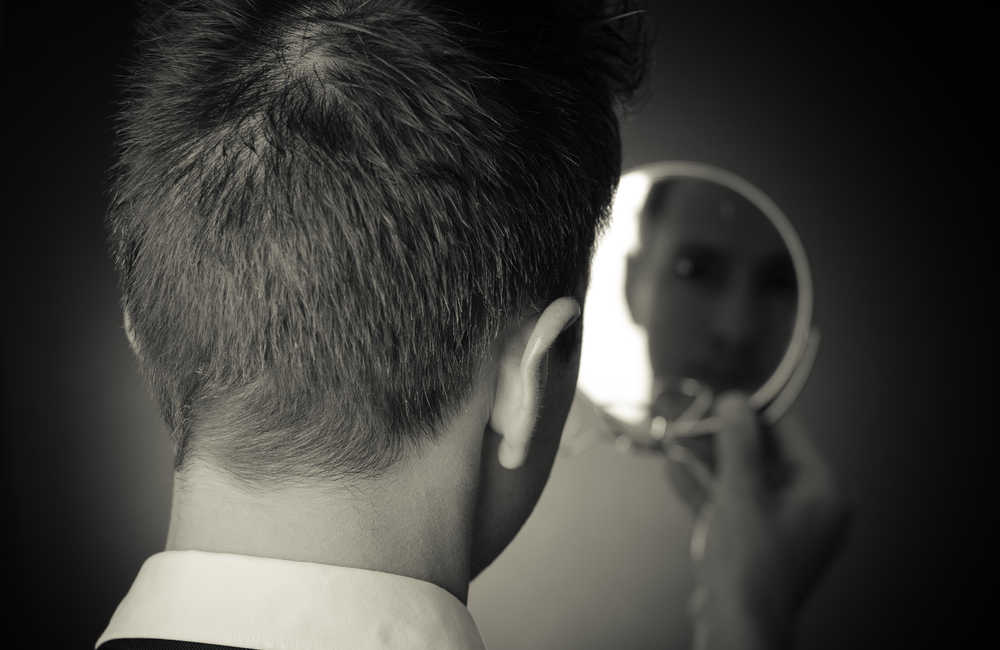
A survey suggests concerns about body image are making a large number of people anxious, depressed and even suicidal. The poll of 4,500 UK adults found a third had been feeling anxious about their bodies with one in eight experiencing suicidal thoughts.
The Mental Health Foundation, which made the survey, said even though the issue of body image in children, particularly girls, has increased in recent years it could affect anyone at any age. The charity wants to advertising and social media firms to take more care with the way bodies are portrayed. They are sharing a number of personal stories as part of its push to raise awareness about the issue.

Shutterstock.com
Mark Rowland, the chief executive of the Mental Health Foundation, said: “There has always been idealised body representation across media, but it’s the quantity of those images and the frequency in which we see them [now] – that’s what we’re worried about. Let’s be proactive in increasing the diversity of, and range of, bodies across our media that people see.”
Social media platforms such as Twitter and Instagram sees billions of photographs shared every year, it is starting to reflect a society which is appears “increasingly consumerist, increasingly celebrity-orientated, increasingly focused on external appearances”.
One in five of the 4,505 respondents said images on social media had caused them to worry about their body image and this proportion was almost one in two of 18 to 24-year-olds.
Social media can show unrealistic beauty standards with the photoshopping of celebrities and influencers. Many celebrities and influencers will photoshop themselves to portray a better image of themselves however, people who are viewing their pictures think it is what the ‘ideal’ body image should be without realising it has been edited. Many social media users will find themselves comparing to these unrealistic body images and can develop body dysmorphia. Spending more time on social media which people are posting photos of themselves can lead to comparisons and will lead to having unhealthy relationships both with body image and potentially exercise as well. People with a negative body image are more likely to develop an eating disorder according to the National Eating Disorders Association and will be more obsessed with weight loss instead of focusing on liking the body they are in.
Mental Health Foundation chief executive Mark Rowland said there needs to be more awareness about body image and its effect.
Rowland said: “Our survey indicates that millions of adults in the UK are struggling with concerns about their body image. For some people this is potentially very severe.
“Women, and particularly young women, are showing the highest rates of distress.
“Significant numbers have felt feelings of disgust and shame or changed their behaviour to avoid situations that make them reflect negatively about their bodies.”
It is also advised that social media companies should do more to advertise and promote a diversity of body types.